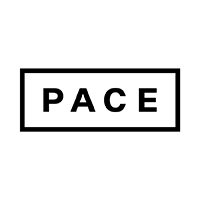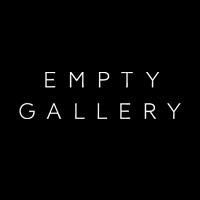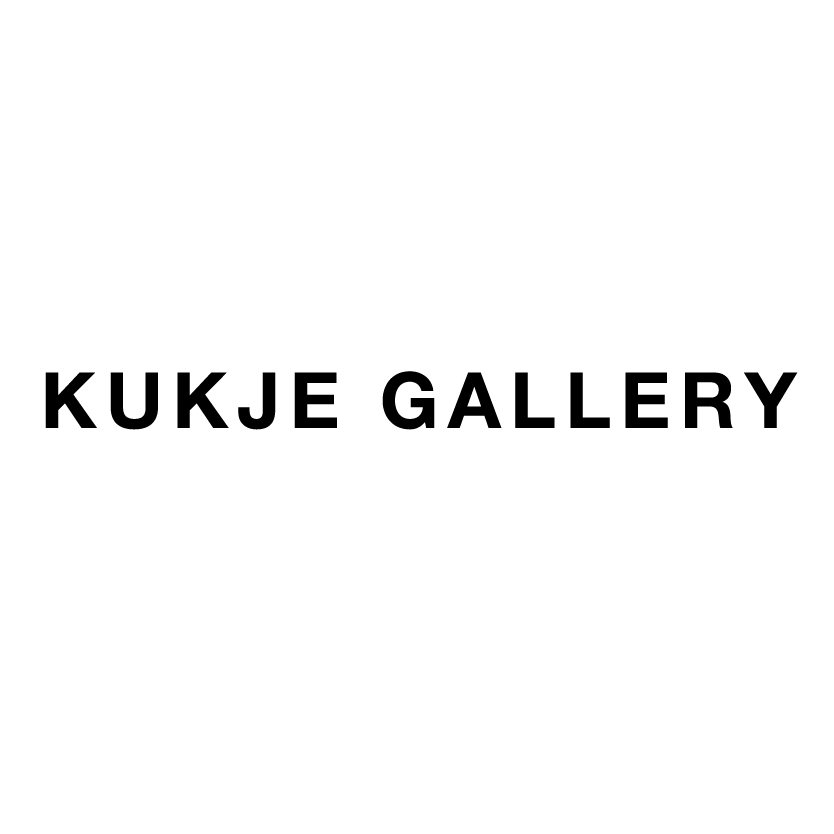KOREAN, ITALIAN, IRANIAN ART INSTITUTIONS HIT BY COVID-19 CLOSURES
By Kylie Yeung, Lauren Long
Recent outbreaks of the novel coronavirus (Covid-19) in South Korea, Italy, and Iran have led to the closure of art institutions and disruption of cultural events in those regions as governments attempt to restrict large-scale public gatherings in an effort to limit further contagion.
South Korea, which has the largest number of confirmed community cases outside of China with 893 cases and nine deaths at the time of writing, raised its infectious disease alert to the highest level on February 23. On February 24, the Ministry of Culture, Sport, and Tourism announced that all state-run galleries, museums, and libraries will be closed until further notice, including the National Museum of Korea, all four branches of the National Museum of Modern and Contemporary Art, National Museum of Korean Contemporary History, and the National Palace Museum. Other private institutions and galleries have followed suit including Leeum, Samsung Museum of Art in Seoul. Some facilities have already been shuttered earlier this month, such as the national gallery in Deoksugung, Daegu National Museum, and Sejong’s National Library of Korea, as reported by Korea Joongang Daily.
Italy, which saw its number of confirmed cases increase from three on the morning of February 21 to 229 by February 25 with seven deaths, has the largest outbreak outside of Asia. Strict quarantine restrictions imposed in Northern Italy resulted in museum shutdowns in seven regions including Milan, Venice, and Turin. In Milan, civic museums including Pinacoteca di Brera will be closed until the end of the month, in addition to the city’s cathedral Duomo and opera house La Scala. All of Venice’s civic museums will be closed until at least March 1, as reported by The Art Newspaper. Other affected institutions include the Peggy Guggenheim Collection, the Palazzo Grassi, and Punta della Dogana. The annual Venice Carnival, which draws tens of thousands of visitors, ended on February 23, two days ahead of schedule. In Turin, museums will be closed until at least February 29. To combat the cancellation of events, organizations have taken to online alternatives. A conversation between collector Uli Sigg and artist Ai Weiwei, originally planned for the opening of the exhibition “Facing the Collector: the Sigg Collection of Contemporary Art from China” at the now closed Castello di Rivoli outside of Turin was live streamed on February 24.
Iran, with the largest outbreak in the Middle East, has reported 61 cases and 12 deaths at the time of writing. On February 23, the country’s Tourism Ministry announced that cultural heritage museums and historical sites across 15 provinces will be closed until at least February 28, while public activities such as art events, concerts, and film screenings have also been canceled.
Since the first cases of Covid-19 were reported in Wuhan in December, more than 80,000 cases and 2,700 deaths have been confirmed across 37 countries at the time of writing, with the majority of them centered in China.
Kylie Yeung is an editorial intern of ArtAsiaPacific; Lauren Long is news and web editor.
To read more of ArtAsiaPacific’s articles, visit our Digital Library.







